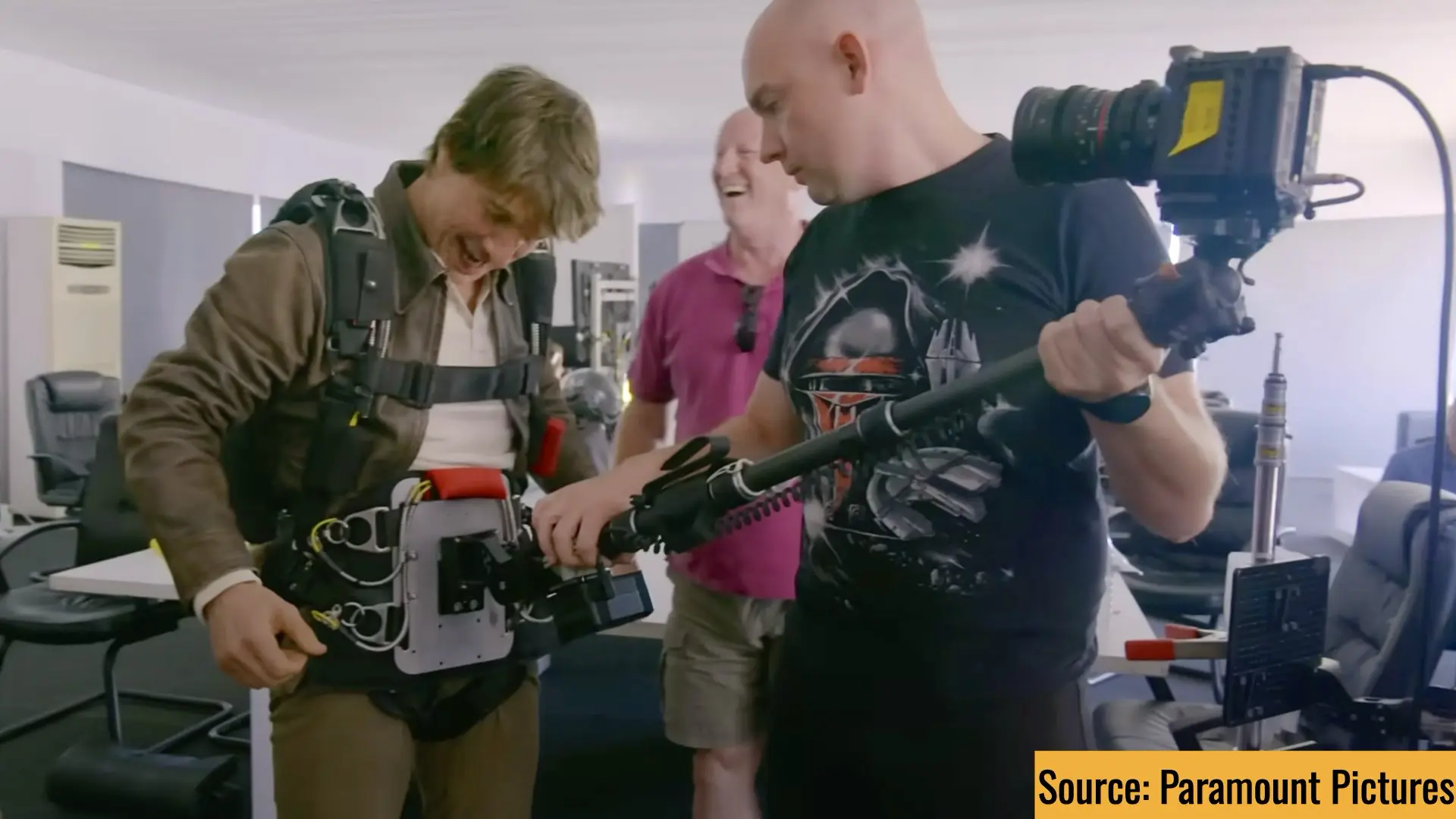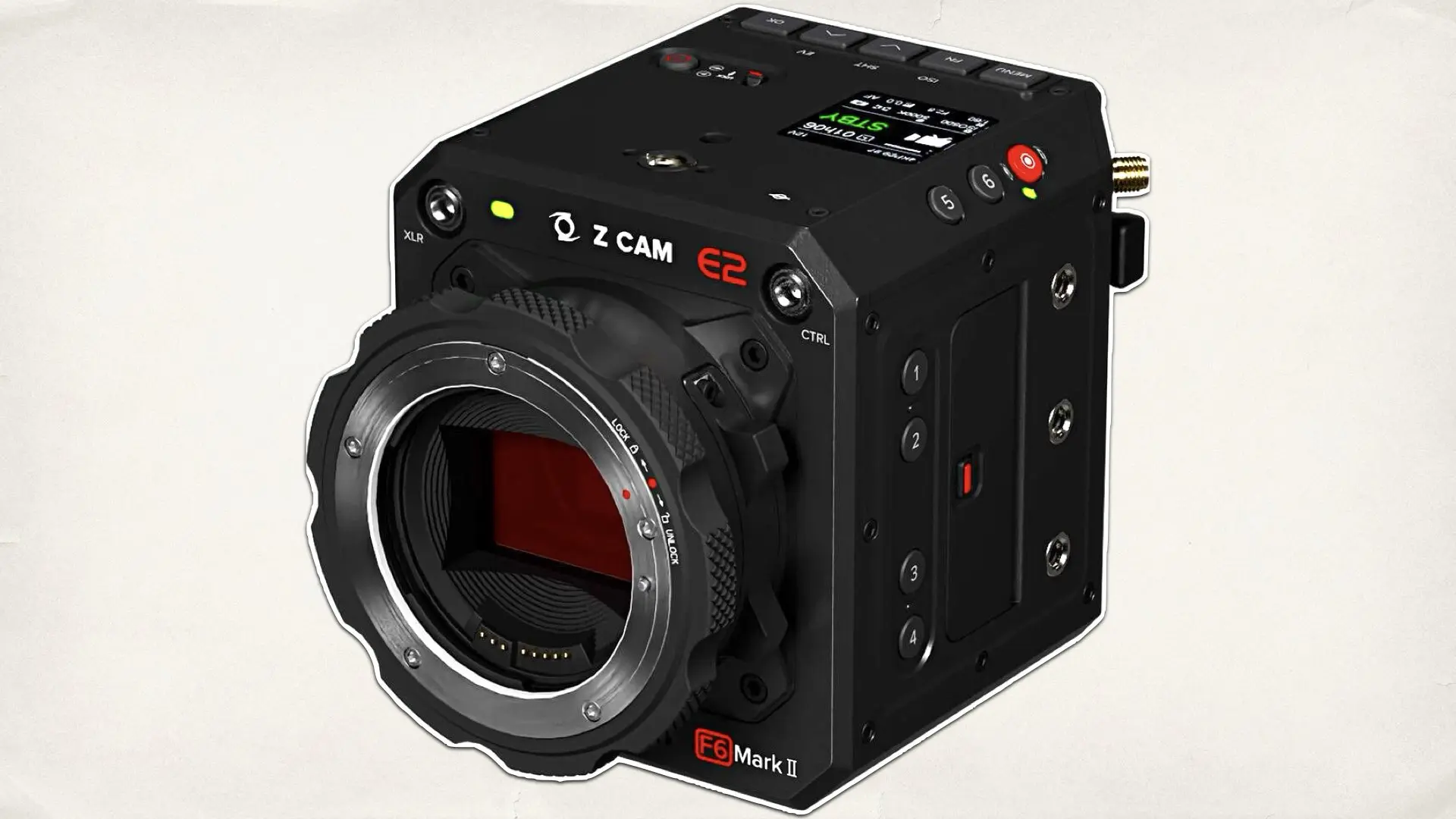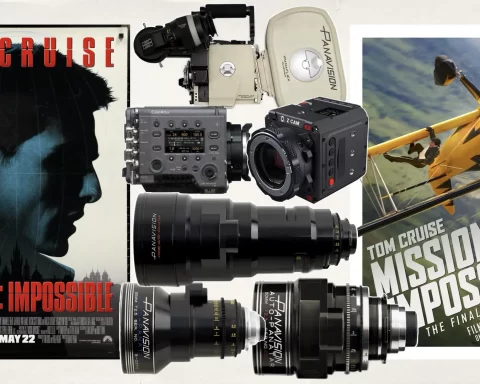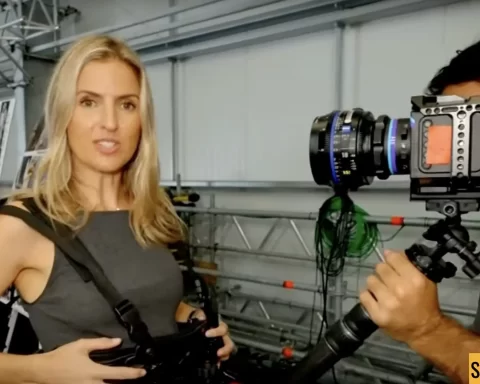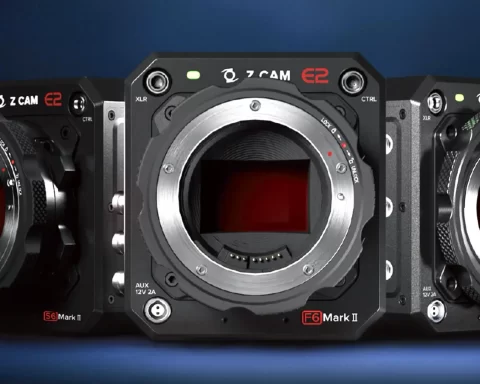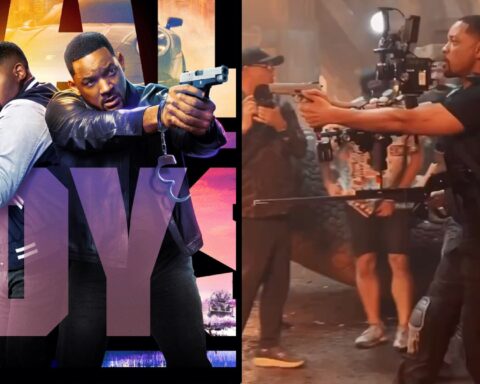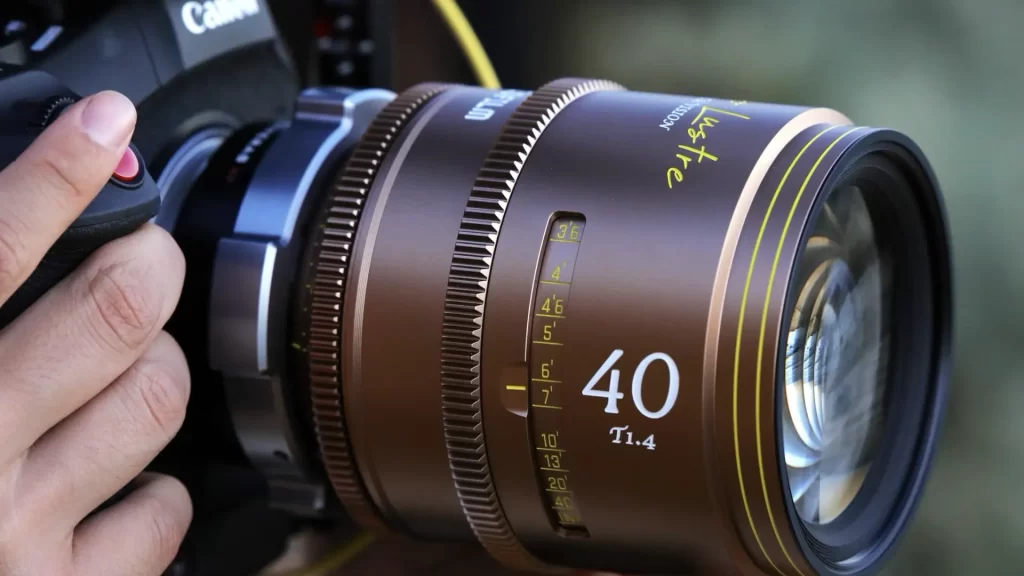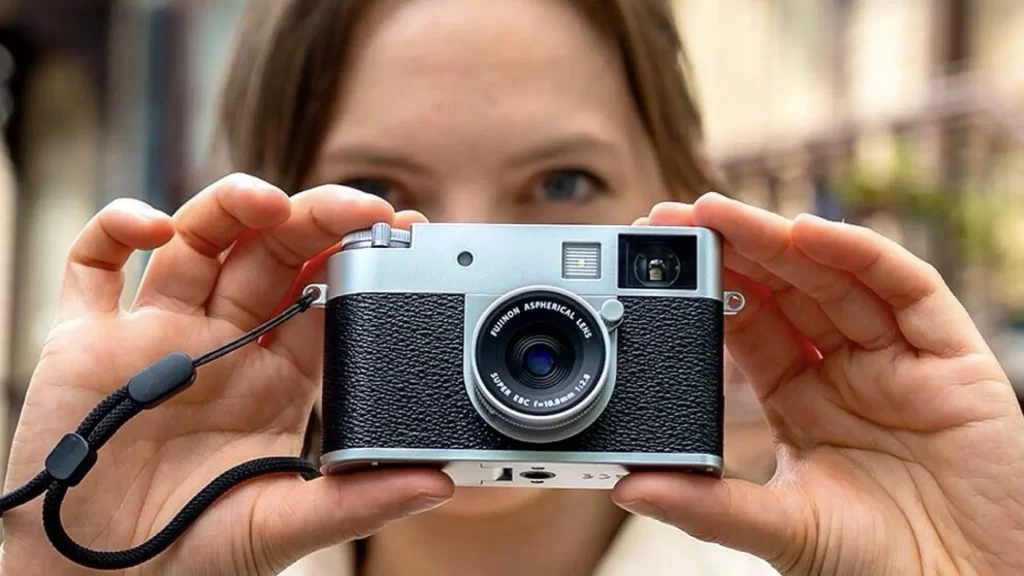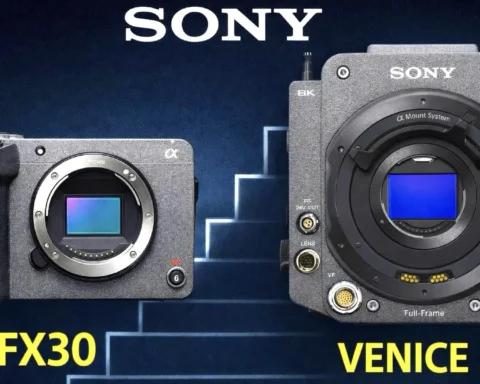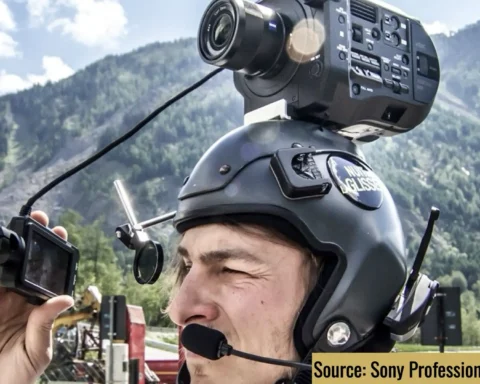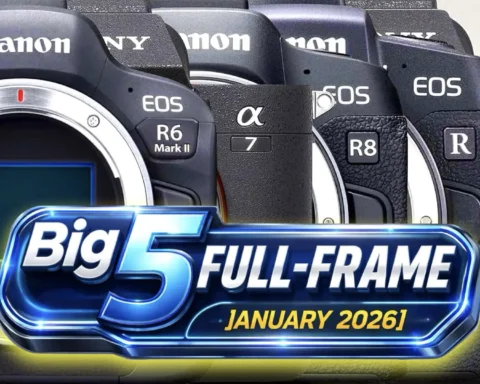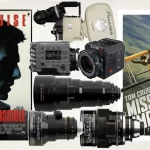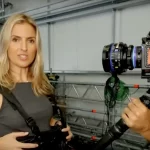In an era where IMAX blockbusters are synonymous with the world’s most cutting-edge gear, it may come as a surprise that a humble indie tool—the Snorricam, paired with a compact Z CAM—is being thrust into the spotlight as a key player in the latest Mission: Impossible film. But in Mission: Impossible – The Final Reckoning, the most demanding stunt of Tom Cruise’s career has not only redefined the boundaries of physical performance—it’s also redefined what filmmaking tools are worthy of the big screen. This bold creative decision marks a turning point: the convergence of high-stakes, high-budget action with tools traditionally reserved for indie and guerrilla filmmaking. Could this signal a new era where lightweight, modular gear rivals the industry’s goliaths? Let’s dive into the rig, the philosophy, and the stunt that’s capturing IMAX frames—and headlines.
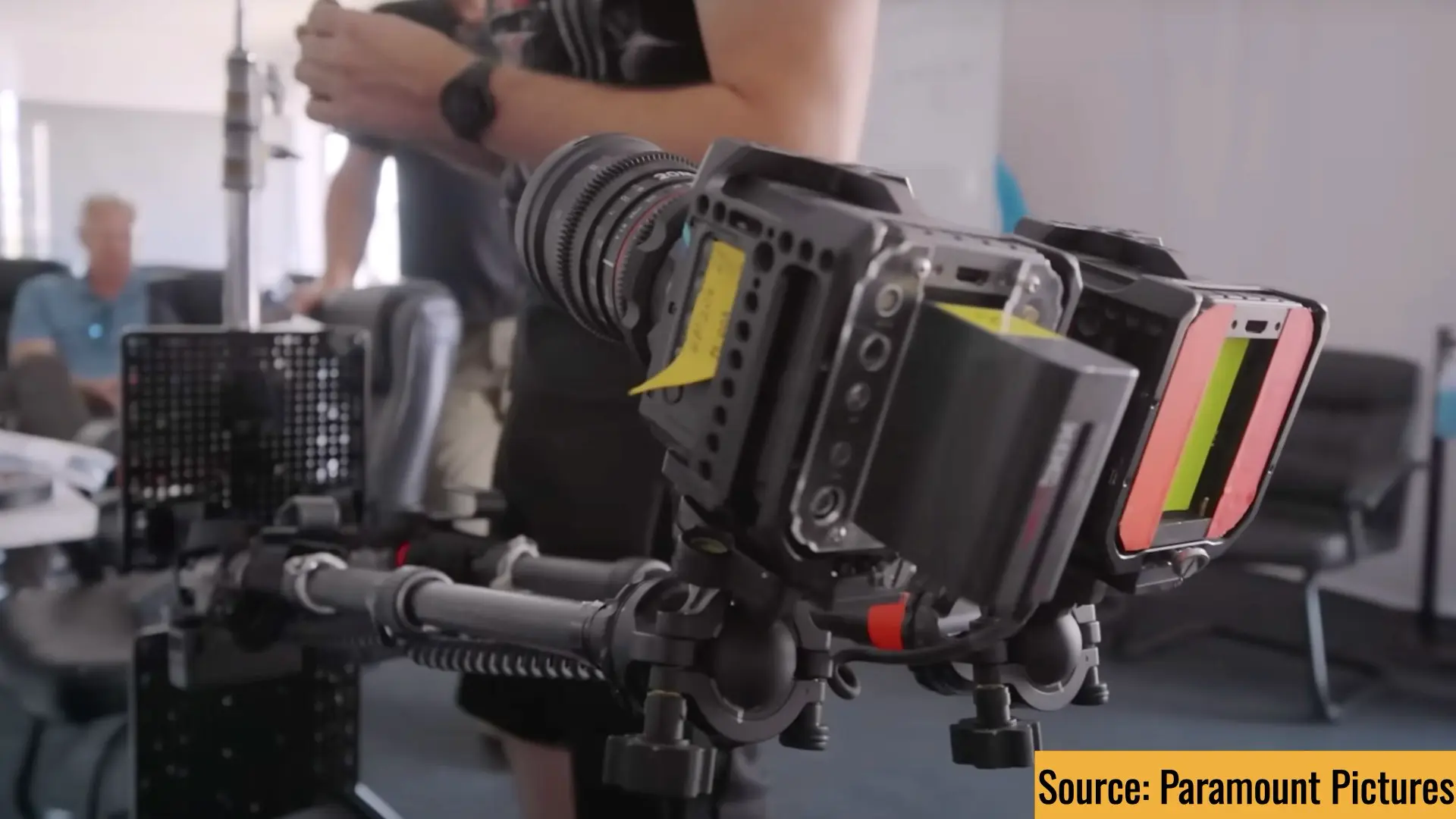
What does it say about the future of filmmaking when a Snorricam-Z CAM combo becomes central to one of the most anticipated IMAX films of the year? Critics might argue that blockbuster productions should rely on “professional-grade” tools exclusively. But Mission: Impossible is proving the opposite: that versatility, adaptability, and creativity are the new currency of cinema. Indie tools once seen as too raw or unrefined are now leading the charge—not as backup gear, but as frontline storytelling devices.
What Is a Snorricam and Why It Matters Now
The Snorricam—also known as a bodycam rig—locks the camera directly onto the actor’s body, creating an intensely immersive POV-style shot. As the actor moves, the world appears to swirl around them, while they remain centered in frame. It’s a jarring, disorienting, and intimate perspective that pulls the audience inside the character’s emotional space. Traditionally used in psychological dramas or indie thrillers, its indie roots go back decades, originally popularized by filmmakers seeking visceral connection with minimal resources. But the Snorricam isn’t just a style piece—it’s a storytelling weapon. That’s exactly why it’s being used in Mission: Impossible – The Final Reckoning, in a way no one has ever seen before.
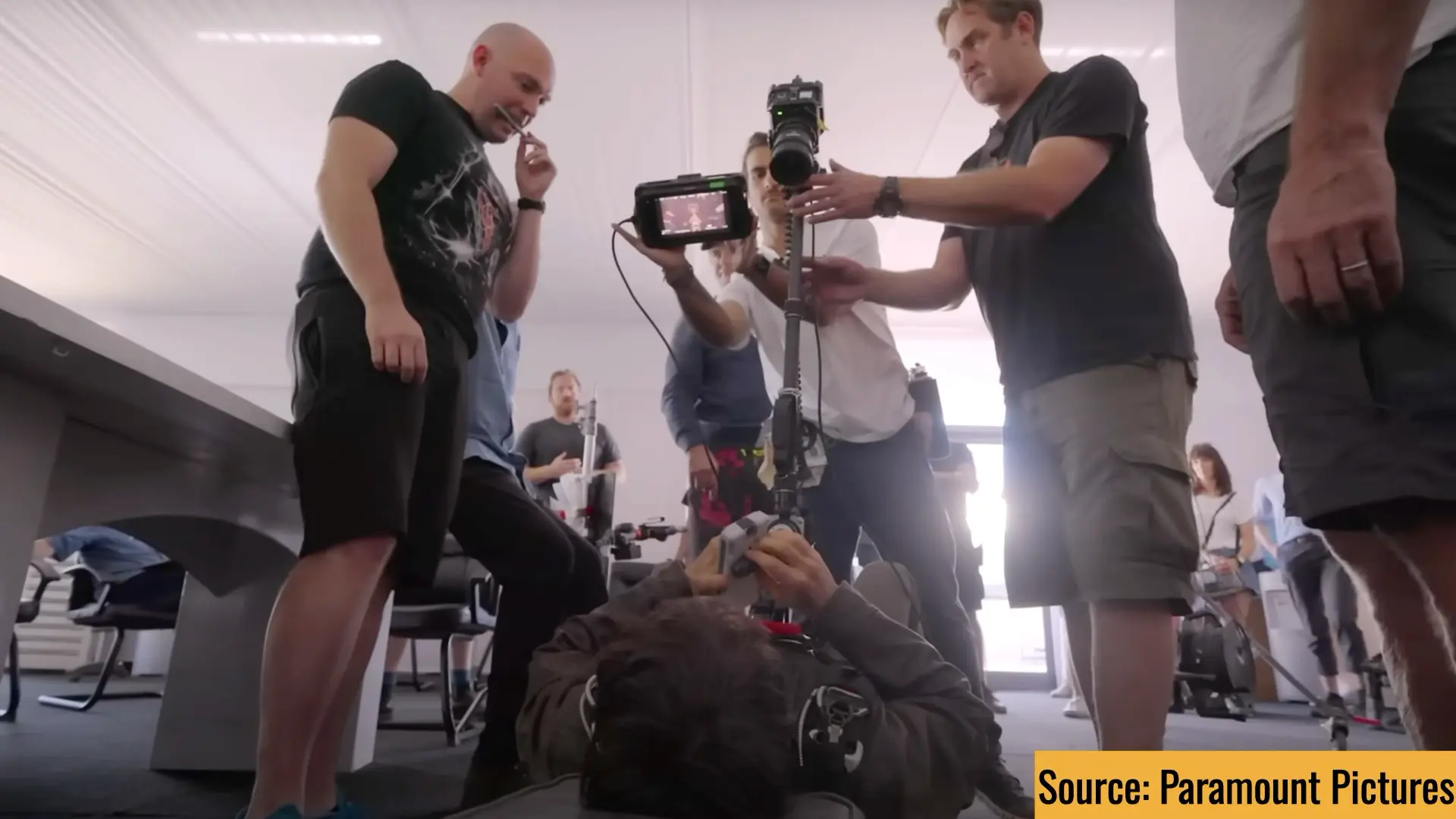
A Custom-Built Beast: The Snorricam for Tom Cruise
This isn’t your average Snorricam rig. For Cruise’s stunt, the Snorricam team worked closely with the Mission: Impossible production to build a custom-fitted harness, precisely tailored to Cruise’s body. The rig includes a detachable arm, engineered to be removed mid-stunt if necessary—a vital safety feature for a performer who’s often dangling off planes or riding motorcycles off cliffs. But the camera had to be equally compact and high-performing. Enter the Z CAM E2-F6, a full-frame, 6K cinema camera small enough to mount, but powerful enough to hold its own in IMAX projection. In fact, the camera used in this configuration is a specialized variant known as the Taiji—a modified version of the Z CAM, optimized specifically for this production. As we learned in Z CAM E2-F6: The Small Beast Behind the Big Action of Mission: Impossible – The Final Reckoning, this camera isn’t just a sidekick—it’s central to the mission.
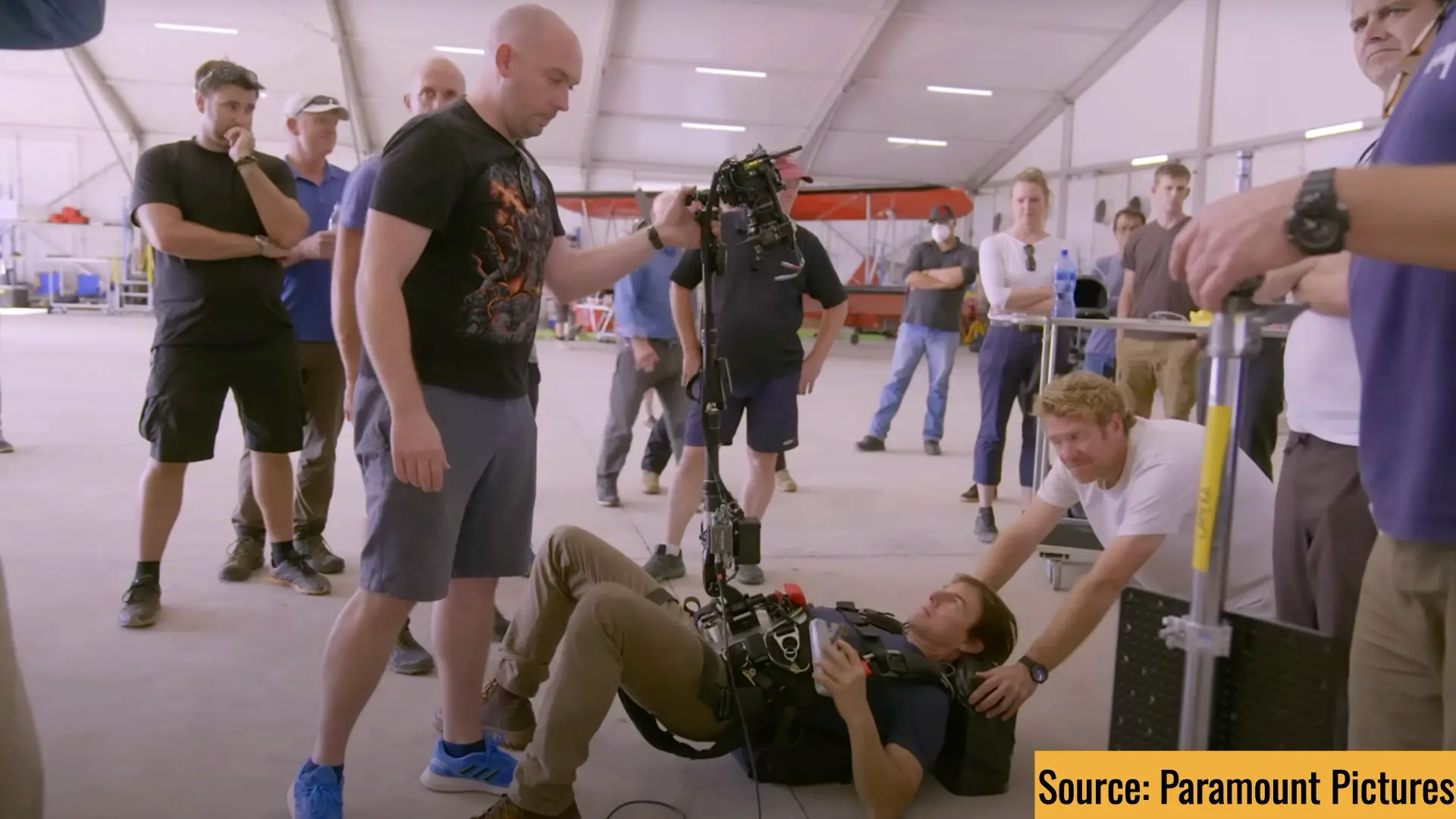
Snorricam Goes Hollywood Blockbuster (Again)
This isn’t the first time Snorricam has been used in a major production. As seen in Bad Boys 2024: Will Smith, RED V-Raptor, and Snorricam, directors are increasingly turning to immersive POV rigs to heighten realism and emotional tension. But Mission: Impossible is operating on another level: incorporating these tools into stunts so dangerous and so precise, there’s no room for error. The rig captures Cruise mid-action—possibly skydiving, cliff-jumping, or racing at extreme speeds—while retaining that unmistakable Snorricam look. This kind of physicality, combined with the emotional immediacy of the Snorricam, creates a hybrid visual language: raw, yet cinematic; visceral, yet technically masterful.
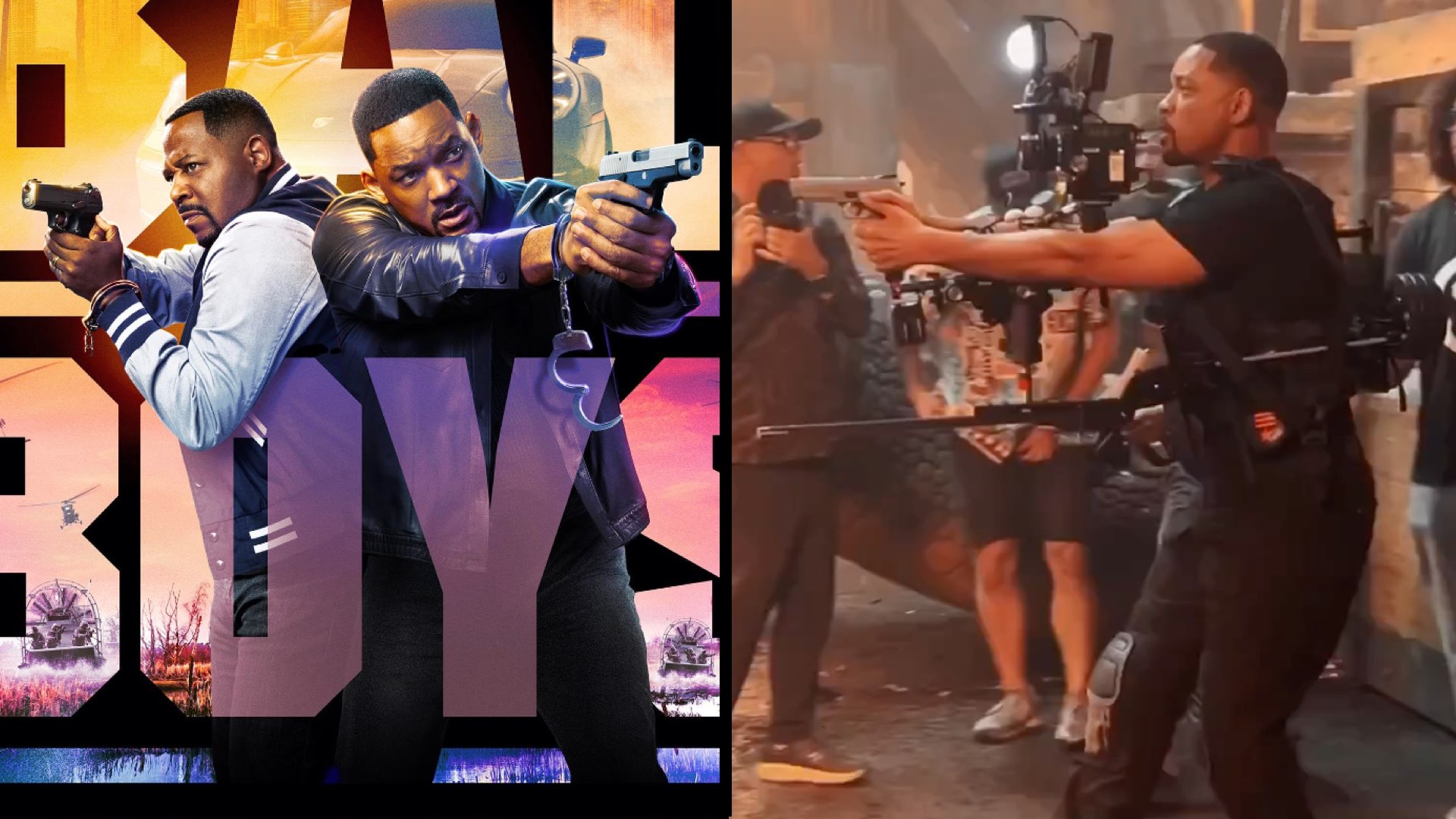
Z CAM: From Indie Darling to Action Star
The rise of Z CAM in the Mission: Impossible franchise has been well documented in articles such as The Action Camera Behind Mission: Impossible 7 and Mission: Impossible 7: Six Z CAM Cameras to Capture Real Train Crash. In these films, Z CAMs have earned their stripes by withstanding explosions, high-speed crashes, and environmental extremes—all while delivering footage that meets IMAX standards. It’s a radical departure from the traditional belief that only industry giants like ARRI or RED can carry the load in blockbuster environments. With its modular form factor, native full-frame 6K resolution, and rugged durability, Z CAM proves that good things come in small, powerful packages.
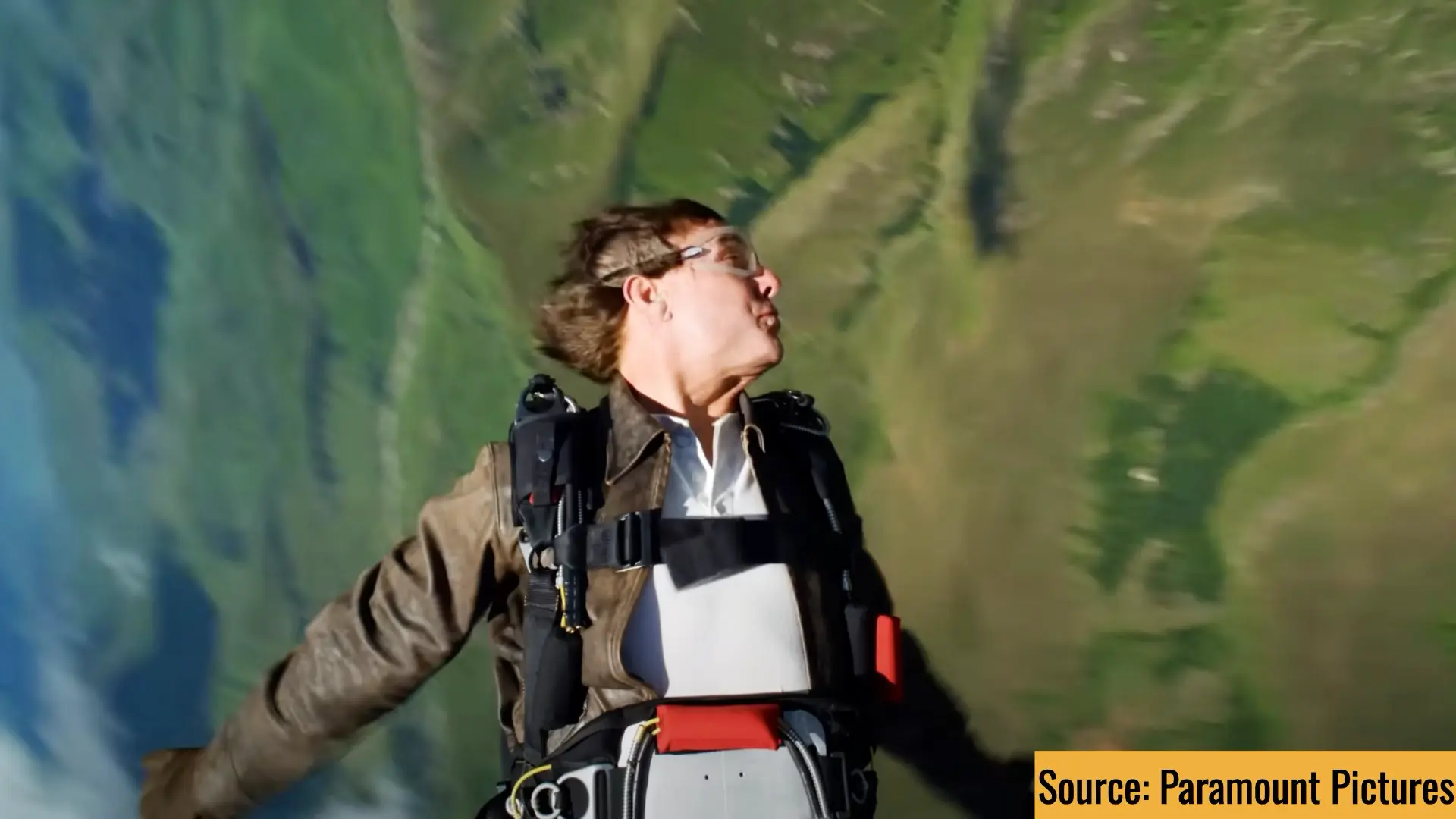
The Debate: Indie Tools in a Blockbuster World
What does it say about the future of filmmaking when a Snorricam-Z CAM combo becomes central to one of the most anticipated IMAX films of the year? Critics might argue that blockbuster productions should rely on “professional-grade” tools exclusively. But Mission: Impossible is proving the opposite: that versatility, adaptability, and creativity are the new currency of cinema. Indie tools once seen as too raw or unrefined are now leading the charge—not as backup gear, but as frontline storytelling devices. This democratization of gear means the barrier between indie and mainstream is breaking down. If a Z CAM and Snorricam are good enough for Tom Cruise, they’re good enough for anyone.
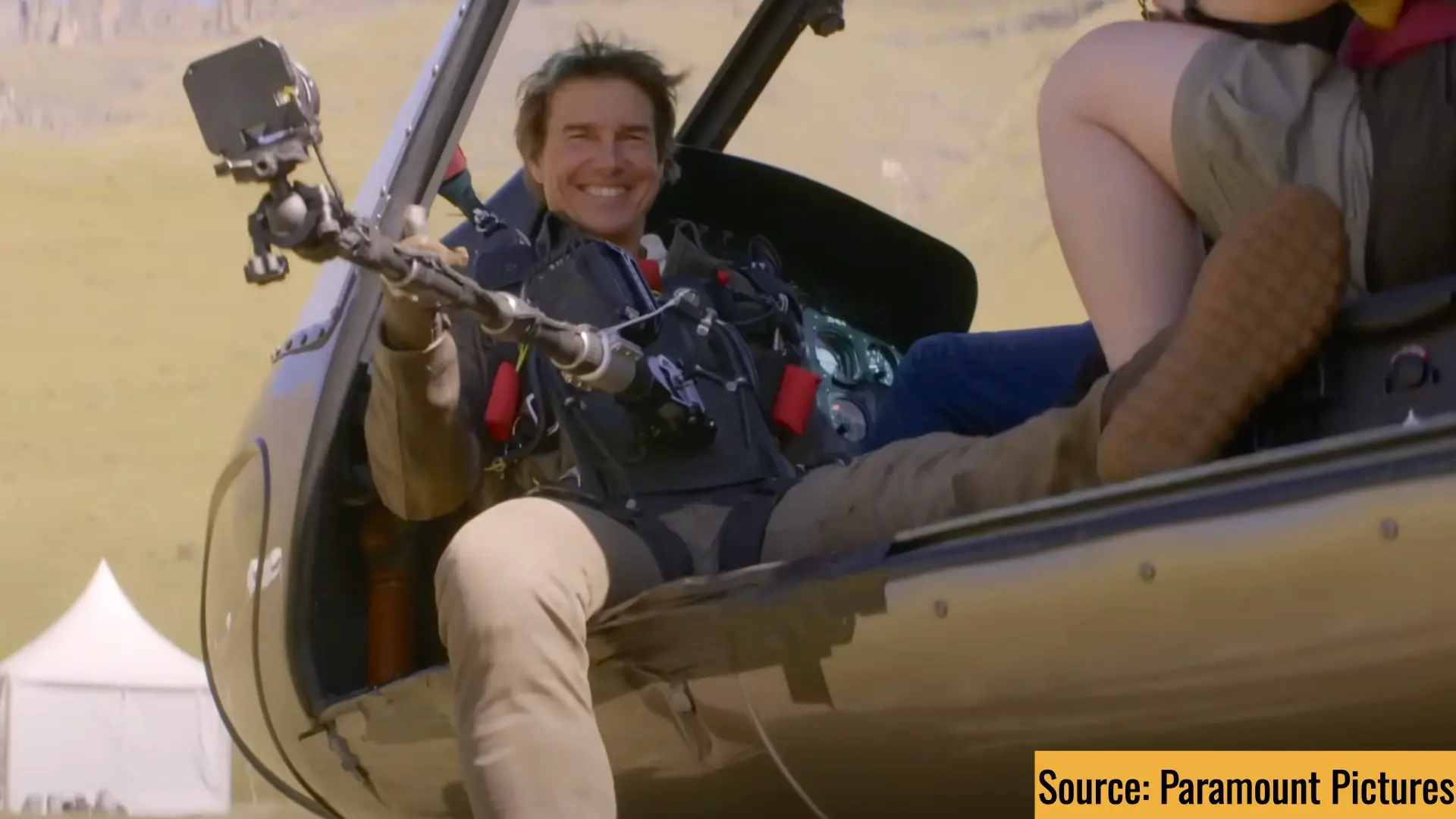
The Verdict: A New Era of Blockbuster Realism
Mission: Impossible – The Final Reckoning doesn’t just push physical limits—it challenges cinematic convention. With Cruise willingly strapping himself into a custom Snorricam harness, and a modified Z CAM Taiji capturing every pulse-pounding moment, the film pioneers a style that fuses DIY ingenuity with Hollywood polish. It’s a reminder that what matters most isn’t just the camera—it’s the creative courage to use it in new ways. And with Snorricam now a headlining act in an IMAX tentpole, the message is clear: indie tech has officially gone mainstream.
Related Articles from YMCinema:
-
Z CAM E2-F6: The Small Beast Behind the Big Action of Mission: Impossible – The Final Reckoning
-
Mission: Impossible 7: Six Z CAM Cameras to Capture Real Train Crash

